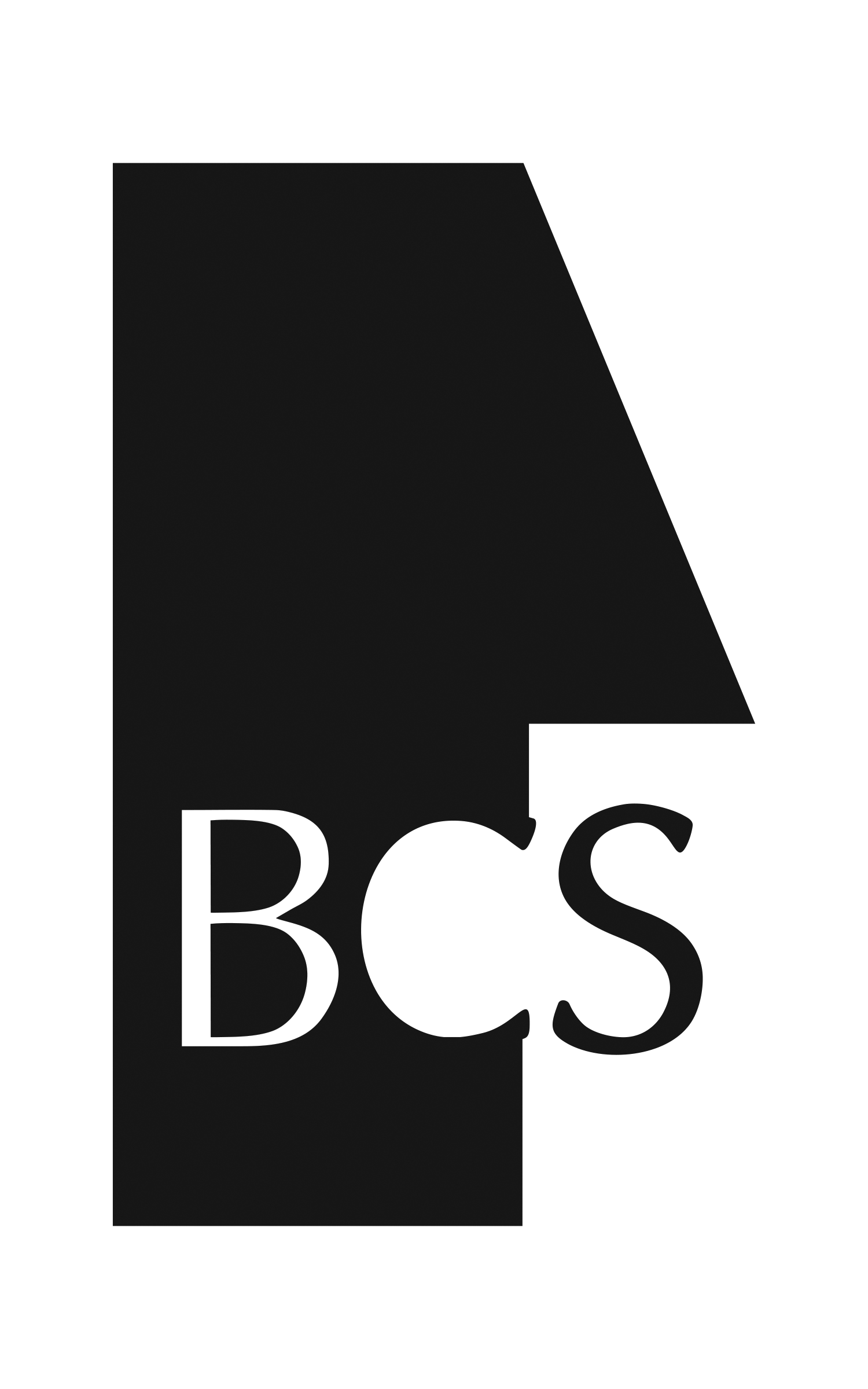A special preconcert lecture on Bach and his cantatas will be presented at 2 p.m. by IU Professor of Musicology and Bach scholar Dr. Daniel R. Melamed.
This season, BCS will present "Feast on Bach," a special series of concerts that draw from the great festival cantatas Bach composed for the major feast days of the liturgical year. J.S. Bach spent a great part of his creative life as the Kantor at the Thomaskirche in Leipzig, where one of his main responsibilities was to provide music for the services at the church, both on Sundays and on special feast days. Bach wrote hundreds of cantatas during his tenure as Kantor; of these approximately 225 survive today. Taken as a whole, they represent a remarkable diversity of expression and profound insight into the theological depths that Bach explored in his efforts to bring to his congregation an understanding of the Biblical texts that formed the foundations of the services. The scoring for these cantatas is as rich and varied as the subject matter: prominent throughout are high Baroque trumpets, a unique variety of expressive wind instruments including the lesser known and plaintive oboe d'amore and oboe da'caccia. The choruses of the cantatas are among Bach's finest writing, and the solo writing ranges the gamut from brilliant coloratura to achingly introspective.
This year we will take a chronological journey through the Lutheran church year in a series of 3 concerts that feature some of Bach's greatest examples in this genre.
Feast I: Cantatas of Advent, Christmas and Epiphany will open our season on December 3rd, 2017 with these cantatas:
Wachet auf, ruft uns die Stimme, BWV 140
Unser Mund sei voll Lachens, BWV 110
Jesu, nun sei gepreiset, BWV 41
Gott, wie dein Name, so ist auch dein Ruhm, BWV 171
Sie werden aus Saba alle kommen, BWV 65
Here is the program booklet for our concert: Feast I Program.
You can find a short clip of our concert here.
Here is the review of our concert in the Bloomington Herald-Times:
Review: Bach cantatas program a feast, indeed
By Peter Jacobi | H-T Reviewer | pjacobi@heraldt.com | Dec 5, 2017
“‘Awake!’ cries the watchmen’s voice ... ‘Awake, you city of Jerusalem!’ This is the midnight hour.”
The words burst forth, in German, “Wachet auf!” The music is Johann Sebastian Bach’s, in jubilant tones. And so, in triumphant mood, began the Bloomington Chamber Singers’ “Feast on Bach,” a three-concert season devoted to cantatas the composer wrote for feast days.
A close-to-full house of music lovers greeted the performers in St. Mark’s United Methodist Church on Sunday afternoon. For two hours, not counting intermission, they heard five of the cantatas, a feast indeed and the likes of which they’ll hear again in February and in spring.
Heavy doses, for sure, but joyful celebrations they are, composed by Bach, the faith-driven Lutheran, during his early years as cantor of St. Thomas Church in Leipzig. He wrote five complete cycles of cantatas for every Sunday and certain additional feast days. Not all are extant. Some were lost in the decades between his death in 1750 and Felix Mendelssohn’s revival of public interest in the forgotten Bach with a performance of the “St. Matthew Passion” in 1829, which led to a surge of searches to relocate his works, liturgical and otherwise. Many still have not surfaced.
Gerald Sousa, the longtime music director and conductor of the Bloomington Chamber Singers, happens to love Bach’s music. What’s more, he’s a scholarly conductor who lovingly labors with his loyal community choristers to not sing any assignment by rote, but with full artistic understanding of the agreed-upon assignment. They’ve come to expect and accept music of profound meaning and complex technical challenges.
In the Bach cantatas, they definitely have both. Consequently, what one heard on Sunday afternoon became a mighty challenge beautifully mastered. The chorus, the four invited soloists and the orchestra collected for the occasion revealed the strength of Maestro Sousa’s coaching. They performed with heightened passion and tasteful ebullience music that can technically defeat many, even professionals. And consider that while the other local cantata celebration, the Bloomington Bach Cantata Project, produced so diligently by the Early Music folks at Indiana University’s Jacobs School of Music, focuses on one cantata per concert several times per year, Sousa’s demands call for concerts of five: a demanding task, for sure.
For the first program, Sousa chose cantatas of the Christmas season: the previously mentioned “Wachet Auf,” written in 1731 for the 27th Sunday after Trinity; “Unser Mund sei voll Lachens” (“Let our mouth be full of laughter”), written in 1725 for Christmas Day; “Jesu, nun sei gepreiset” (“Jesus, now be praised), also written in 1725 but for New Year’s Day; “Gott, wie dein Name, so ist auch dein Ruhm” (“According to Thy name, O God, so is Thy praise”), composed in 1729 for New Year’s Day; and “Sie werden aus Saba alle kommen” (“All they from Sheba shall come”), written for Epiphany in 1724.
All performers performed heavy duty. There is no shortchanging of Bach, certainly not with Gerald Sousa in charge. And there seemed no diminution of energy or involvement as the program floated on: recitatives after arias after choruses.
The Chamber Singers delivered their obligatory portions with ravishing calm when called for and with fevered rush and multi-parted frenzy when that was the score’s intent. The arias and duets ask for changing moods and technical agility, too, and the quartet of soloists worked hard to please: Christopher Burchett with his sturdy and stentorian baritone; tidily-voiced lyric soprano Ahyoung Jeong; creamy-smooth mezzo Rebecca Rogers; and Issa Ransom, contributing a tidy and high-pitched lyric tenor. None fell short on the drama introduced in each of the cantatas.
The gathered instrumental musicians excelled under Maestro Sousa’s guidance to complete the rundown of participants. As bonus, IU Bach scholar Daniel Melamed provided a pre-concert talk, laden with background material.“Feast on Bach” proved a nourishing addition to the season.
(link)



